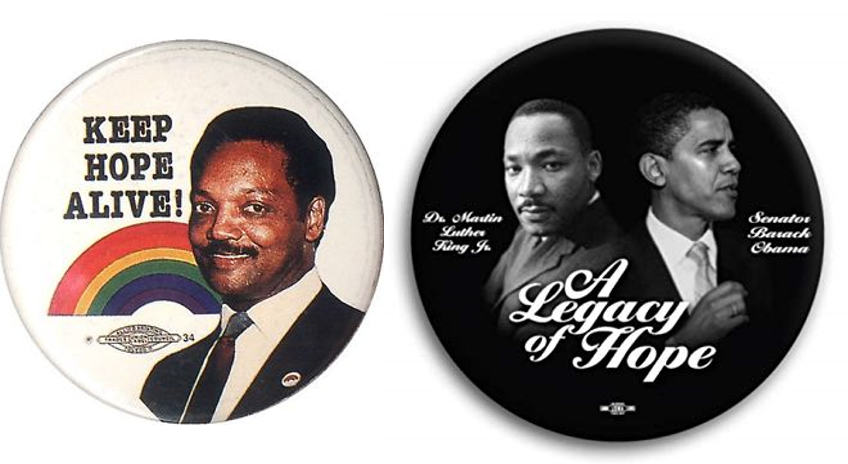Whoa, did not expect to see this when I logged on today! Excited (& nervous) for this to soon be out in the world. Guess this is a good time to make the elevator pitch while the pup gets a haircut…1/x
https://twitter.com/CUP_PoliSci/status/1165308104105431041
From the Obama anger translator sketch to the “angry Black woman” trope to the scrutinization of athletes who take political stands, there’s broad recognition of the stigmatization of expressions of Black anger in the public imagination 2/x 





Black expressions of grievance carry the risk not only of stigmatization. They engender intensive surveillance & push back (often violent) from the state. My book grapples w/ the costs of being angry while Black, for Black political behavior & party politics. 3/x 

Because anger is an emotion found to mobilize costly political action, do the higher costs of expressing anger among Black people help contribute to the racial participation gap? Spoiler: yes. (You should still but the book though) 4/x
Across data sets, decades & objects of emotion I find a racial anger gap. Black folks report significantly less anger than similarly positioned Whites. And the anger expressed by Black folks has a much weaker association w/ their political behavior relative to Whites. 5/x 

I also show that Asian & Latinx Americans exhibit similar anger gaps. Consequences for a Dem Party w/ an increasingly diverse base are clear. How to fire up the base w/ “I’m mad as hell” rallying cries when many in that base don’t respond w/ an action mobilizing anger? 6/x
Meanwhile, Republicans can consistently rely on “I’m mad as hell” messaging to fire up their more racially homogeneous base. The anger gap’s behavioral & policy consequences are magnified as White Reps are most prone to engender & act on anger. 7/x 

Of course, Dems bear some blame for this gap. The book illustrates prominent Dems’ messaging to Black audiences delegitimizing or minimizing Black grievance, signaling loud & clear that Black folks won’t reap the same responsiveness from expressing their dissatisfaction. 8/x
On the flip side, I find Black, AAPI & Latinx folks to generally be more mobilized by positive emotions—hope & especially pride—than Whites. 9/x 



This enthusiasm advantage has limits & generally doesn’t compensate for the anger gap. But it demonstrates how racial identity & attitudes shape the translation of emotions to action 10/x
There’s a lot more, but hopefully this is enough of a tease. My grad student & I are presenting a spin-off of this looking at racial group efficacy, anger & participation among Black & White folks bright & early Thursday morning at @APSAtweets 11/x
Eager to have this enter the convo w/ folks doing great work broadly on identity, emotion, parties &/or behavior: @antoinebanksumd @sgadarian @blfraga @Dr_JZ @AlbertsonB2 @LilyMasonPhD @angelaxocampo @stevenwwebster @AshleyJardina @rayblock1 @StaceyAGreene @ProfJonCollins etc...
@antoinebanksumd @sgadarian @blfraga @Dr_JZ @AlbertsonB2 @LilyMasonPhD @angelaxocampo @stevenwwebster @AshleyJardina @rayblock1 @StaceyAGreene @ProfJonCollins Update: Nena's haircut came out great. Don't have a before pic, but she went in looking like the tramp & she came out looking like the lady 

• • •
Missing some Tweet in this thread? You can try to
force a refresh




